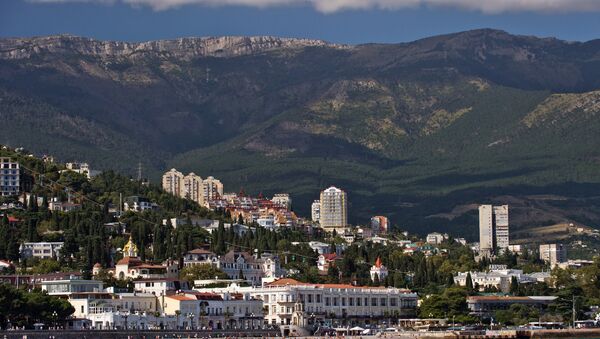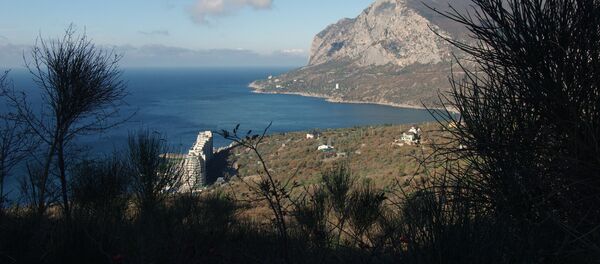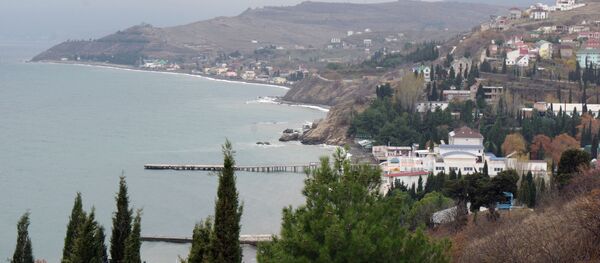“There are many reasons why Crimea is so important to Russia. One of them is the geographic location of the peninsula, which gives Russia greater freedom of hand in the Black and Caspian Seas and facilitates its access to the North Caucasus region,” Mohammad Baram Meshgini said.
He added that after the 2014 coup in Ukraine, chances for a negotiated settlement in Donbass looking slim, however, Crimea’s role in the region is bound to increase.
“Crimea is part of Russia now and the opinion of such ‘eastern bloc’ powers like Iran, India and China can’t be ignored. Divided as they may be, these countries are checking the spread of Western influence, above all of the United States and some European countries,” Mohammad Baram Meshgini continued.
He also said that, in keeping with the 1928 Treaty of Turkmenchay signed by the Russian Empire and Persia (modern-day Iran), Crimea is part of the Russian state.
“The situation around Crimea has a positive impact on Russia’s policy in the Middle East. First, it is strengthening the hand of antiterrorist forces in the region. Second, it is cementing the union of the ‘eastern bloc’ countries, above all of Russia and Iran, against the forces of the ‘western bloc.’ And third, it is undercutting Ukraine, which, with Saudi mediation, is arming terrorists, now that Russia has suspended natural gas supplies to Kiev.”
Mohammad Baram Meshgini said that the recognition of Crimea as a Russian territory will most certainly invite fierce resistance from the US and its new President Donald Trump but the people of Crimea do not have to worry about that.
“There exist two civilizational models: one is based on the accumulation of experience, and the other maintains that nations become experienced as they go. Crimea’s decision to break away from Ukraine and join Russia is an example of building civilizations according to the second model.
“Several years from now the people living there will see themselves in a different perspective which will give additional strength to the “eastern bloc’ countries,” Mohammad Baram Meshgini concluded.
Sevastopol, which has a federal city status, supported the move with 95.6 percent of votes. Kiev, as well as Brussels, Washington and their allies, did not recognize the move and consider the peninsula to be an occupied territory.
Never miss a story again — sign up to our Telegram channel and we'll keep you up to speed!




